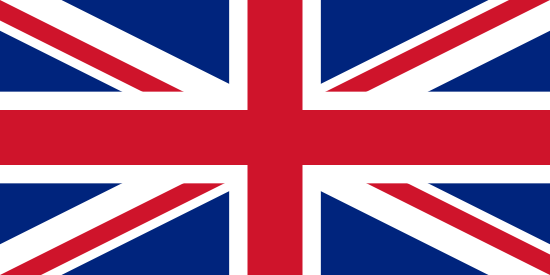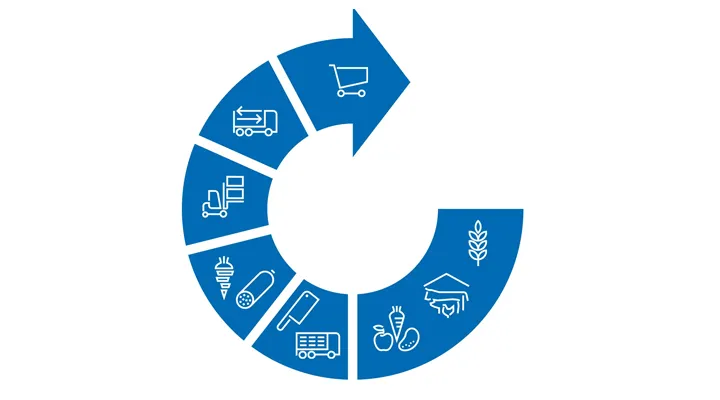The stages for meat, animals and feed
QS Monitoring Programmes
There are three comprehensive monitoring programmes for meat, livestock and feed in the QS scheme: antibiotics monitoring, salmonella monitoring and feed monitoring.
Systematic evaluation of the data from the monitoring programmes provides valuable support in ensuring early identification and reliable assessment of potential risks to the safety of food and feed. If the required parameters are not met, QS works together with the scheme participants to implement measures to prevent risks to humans or animals.



